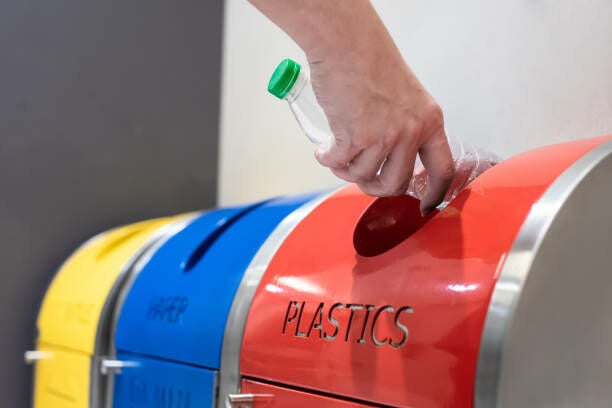Thai waste segregation campaign saves 127.8 million baht in 5 months

The recent waste segregation campaign aimed at advocating for the proper segregation of household rubbish seems to be reaping rewards in Thailand, according to the Bangkok Metropolitan Administration (BMA).
Aekvarunyoo Amarapala, a spokesperson for the BMA, revealed over the weekend that the last five months saw a considerable decrease in both the amount of garbage making its way to the city’s waste management facilities and the expenses related to waste processing.
There was a decline of 67,248 tonnes in the total volume of waste handled by the city from February to the end of June this year, which equals a daily reduction of about 444 tonnes. This comparison is against the same span of time in the previous year, and it has led to waste treatment cost savings of 127.8 million baht (US$3.7 million), he explained.
Closer scrutiny of the data revealed that in a year-on-year comparison, the average daily decrease in waste the BMA dealt with went from 200 tonnes or a 2.25% reduction in February, to 272 tonnes or a 3% reduction in March, and a decrease of 318 tonnes per day or a 3.6% reduction in April. On reaching May, there was a 713 tonnes per day drop, a 7.5% reduction which continued into June with 719 tonnes per day or a 7.4% reduction.
This overall fall in rubbish volume that needed processing led to the cost of such processing dropping by 10.6 million baht (US$300,000) in February, 16 million baht (US$462,000) by March, 18.13 million baht (US$523,000) in April, 42 million baht (US$1.2 million) in May, culminating in a 41 million (US$11.8 million) baht decrease by June, the spokesman noted.
“This clearly is a result of BKK Zero Waste, a waste separation project the BMA and public and private partners have jointly been carrying out,” Aekvarunyoo explained.
As part of the initiative, the BMA has actively been working with numerous city communities as well as 998 businesses, educational establishments, fresh markets, religious centres, and organisers of public and festive events.
These partnered stakeholders are urged to divide their waste into three specific categories – wet, dry, and recyclable, before the BMA’s garbage collectors pick it up.
Simultaneously, the BMA has undertaken another initiative to motivate households, businesses, and other enterprises across the city to separate their kitchen waste from biomass materials including leaves and grass, Aekvarunyoo enriched.
As a testament to the project’s success, the volume of wet waste received from an aggregate of 1,112 sources taking part in this initiative has dropped by 55 tonnes per day.
In related news, The Ministry of Interior (MOI) celebrated the success of the “Food Waste Management for Climate Action and a Commitment to Sustainable Thailand” project in managing household waste and reducing carbon emissions locally. This project expands emissions reduction efforts and manages carbon credits to meet UN goals. To read more click HERE.
Latest Thailand News
Follow The Thaiger on Google News:


























